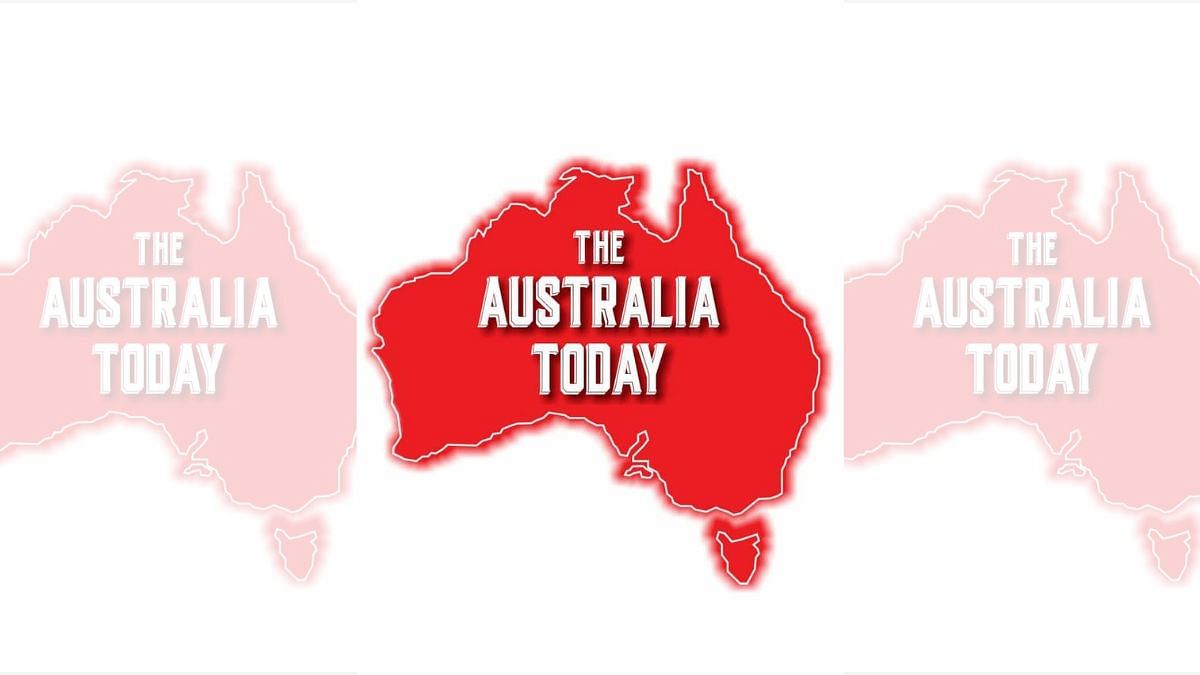Australian students could be the real victims of international caps

- by Admin
- September 5, 2024

It assumes, for instance, that a Chinese student who tries to enrol at an elite Australian university but finds there are no more places, will simply choose to enrol at a lower-ranked one instead. That they will swap Sydney Uni for the University of Wollongong. That these students are coming to Australia, and therefore need only choose among available Australian universities.
And that, in turn, assumes international students think Australian universities are all wonderful by definition, or choose to come here principally because Australia is such a bonza place. No doubt, our bonza-ness is a selling point – lifestyle is obviously a factor – but if I had to guess, I’d say the Times Higher Education World University Rankings are a far bigger one.
Loading
That’s because employers and foreign governments seem to care. If you want to work in China, or move to Denmark or the Netherlands for example, you stand a far better chance of doing so if you’ve graduated from a top 100 university. And foreign governments might only provide scholarships for their citizens to study abroad at universities of a certain ranking.
So, our prospective Chinese student, perusing those rankings and disappointed not to find a place at the University of Sydney, might not choose to swap it for Federation University in Victoria. They might swap it for King’s College London, or the University of British Columbia instead. Ever been to Vancouver? It’s pretty bonza, too.
Meanwhile, our highest-ranked universities will be madly doing sums because a cap on international students is effectively a cap on revenue, indeed a serious reduction. How do we expect them to deal with that fact? They could raid their investment portfolios, but that’s a dangerous game because they fluctuate with the vagaries of the sharemarket, and therefore only make sense if they’re left there for the long term. Maybe they can put off buying that expensive lab equipment or building that high-tech new lecture theatre for a bit. Perhaps then a hiring freeze.
But eventually, it means sacking people. Universities Australia says the cost will be around 14,000 jobs. Even if you allow for the fact this is a lobby group which may well be exaggerating in its own interests, it’s easy to see how damaging this could be.
Loading
Consider this doomsday scenario. Casual teaching staff will probably be the first to go because there are fewer students to teach. But if that doesn’t save enough money, universities will move to voluntary redundancies. Who will be keenest to take those? Probably the most senior staff who are in line for the biggest payouts. In a flash, you’ve lost your strongest research output.
That’s where things get dire: those World University Rankings are based largely on the research each university produces. Our top universities rank well mostly because they are so large: they have enormous numbers of students who fund hefty volumes of research. Once they start shrinking, they fall down the rankings, possibly quite quickly. Accordingly, they attract fewer international students, lose more revenue, more researchers, more ground in the rankings. And repeat.
The risk at that point is no longer about elite universities losing money. It’s about Australia losing its reputation as a place of high-quality education, and everyone losing. If, for example, we no longer had any universities in the top 100, would students still want to come and study here? If we start to lose international students, does the government have some other way of funding universities? Will degrees for Australian students become more expensive if international students are no longer subsidising them?
It would be good to know the government’s views on all that, and what evidence it has for them. Because it’s quite the gamble, this. And in gambles of this sort, Parliament House doesn’t always win.
Waleed Aly is a regular columnist and has lectured in politics at Monash University since 2007. He is currently an adjunct, and does not take a salary.
The Opinion newsletter is a weekly wrap of views that will challenge, champion and inform your own. Sign up here.
The Latest News
-
November 13, 2024Family share grief after Australian fitness coach dies in Turkey
-
November 13, 2024North Melbourne to play four ‘home’ games outside of Victoria for 2025 season
-
November 12, 2024Virgin Australia plates up new business class menu
-
November 12, 2024WBBL, U19 World Cup talent set to shine at age-group National Championships | cricket.com.au
-
November 12, 2024Nasty blow can’t stop ‘aggressive’ Test star’s purple patch


